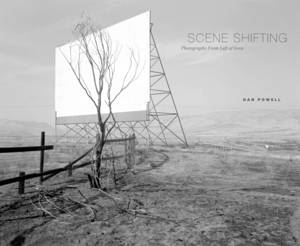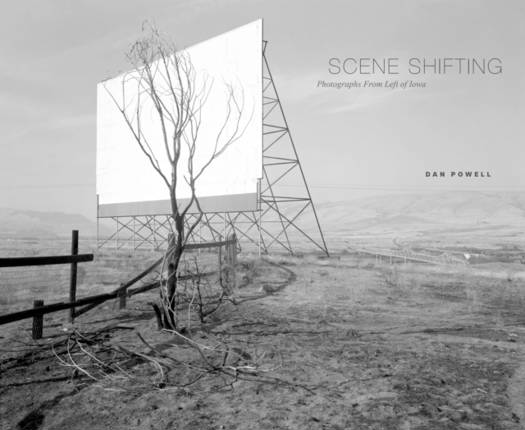
- Retrait gratuit dans votre magasin Club
- 7.000.000 titres dans notre catalogue
- Payer en toute sécurité
- Toujours un magasin près de chez vous
- Retrait gratuit dans votre magasin Club
- 7.000.0000 titres dans notre catalogue
- Payer en toute sécurité
- Toujours un magasin près de chez vous
Description
In an introductory essay to Scene Shifting, Dan Powell speaks of his father's influence on him in his youth. He describes growing up in the 1950s and 60s in the Roza District, a spacious agricultural valley that was etched out of the sage desert in South Central Washington. He also traces the impact that the nearby Hanford Atomic Works had on his family and the region. At an early age Powell's concept of the American West was shaped by all three of these factors. The 101 black and white duotone images featured in this compelling volume are mostly from large format negatives (8x10 and 4x5). They highlight a particular period in Powell's art practice, the 1980s and 90s, when he photographed in the high desert country of Oregon and Washington, as well as in Nevada, California, Arizona, Idaho, and Utah. Several images from the Midwest mark his graduate school experience and first teaching position, before he migrated back to the West to teach photography at the University of Oregon. In photographing the West, Powell was interested in the land as a dynamic theater, the constant shifting of events that moved through his view, on and off road. Points of intersection, the clashing of events where humans interface with the land, occur often within this fabric of beauty and wildness. Powell's view of the West is broad and diverse, from the visual harmony found in the vastness of space and light, to ironic tensions found through chance and close observation. On one level, Powell was simply measuring his vision of the land against the memories of his childhood. In the second essay, "The Geography of a Life," esteemed curator, historian, and author Keith F. Davis sheds light on the nature and particular qualities of the work, and on how it is deeply embedded in Powell's lifelong experience with the West.
Spécifications
Parties prenantes
- Auteur(s) :
- Editeur:
Contenu
- Nombre de pages :
- 136
- Langue:
- Anglais
Caractéristiques
- EAN:
- 9780870712425
- Date de parution :
- 15-09-23
- Format:
- Livre relié
- Format numérique:
- Genaaid
- Dimensions :
- 279 mm x 241 mm

Les avis
Nous publions uniquement les avis qui respectent les conditions requises. Consultez nos conditions pour les avis.






